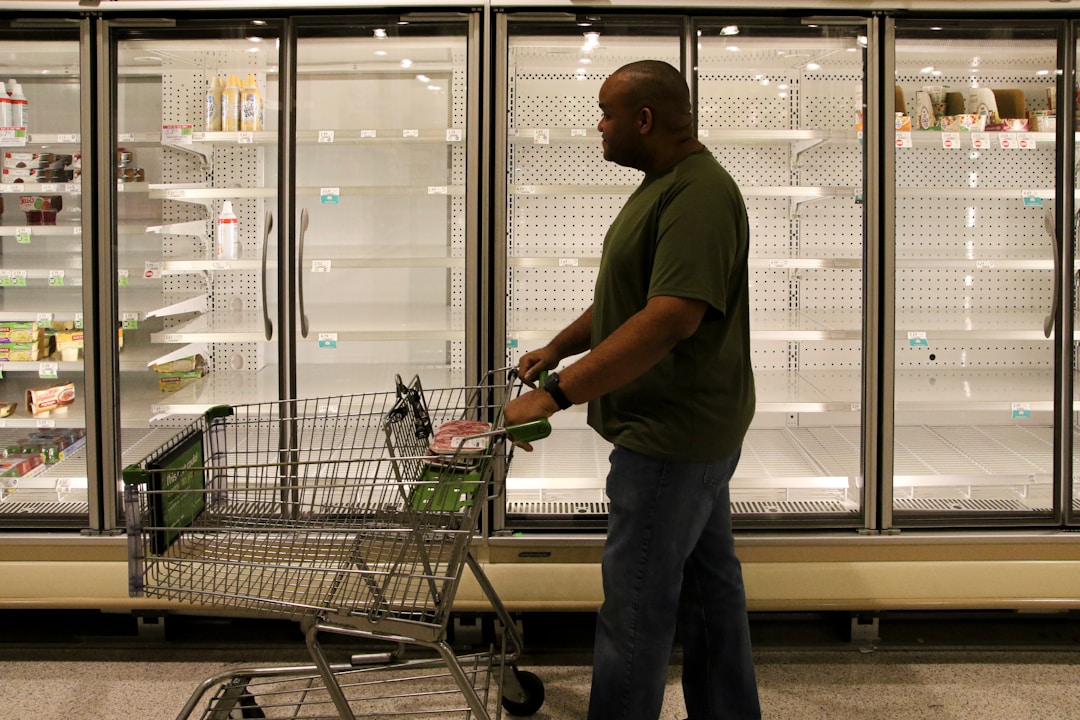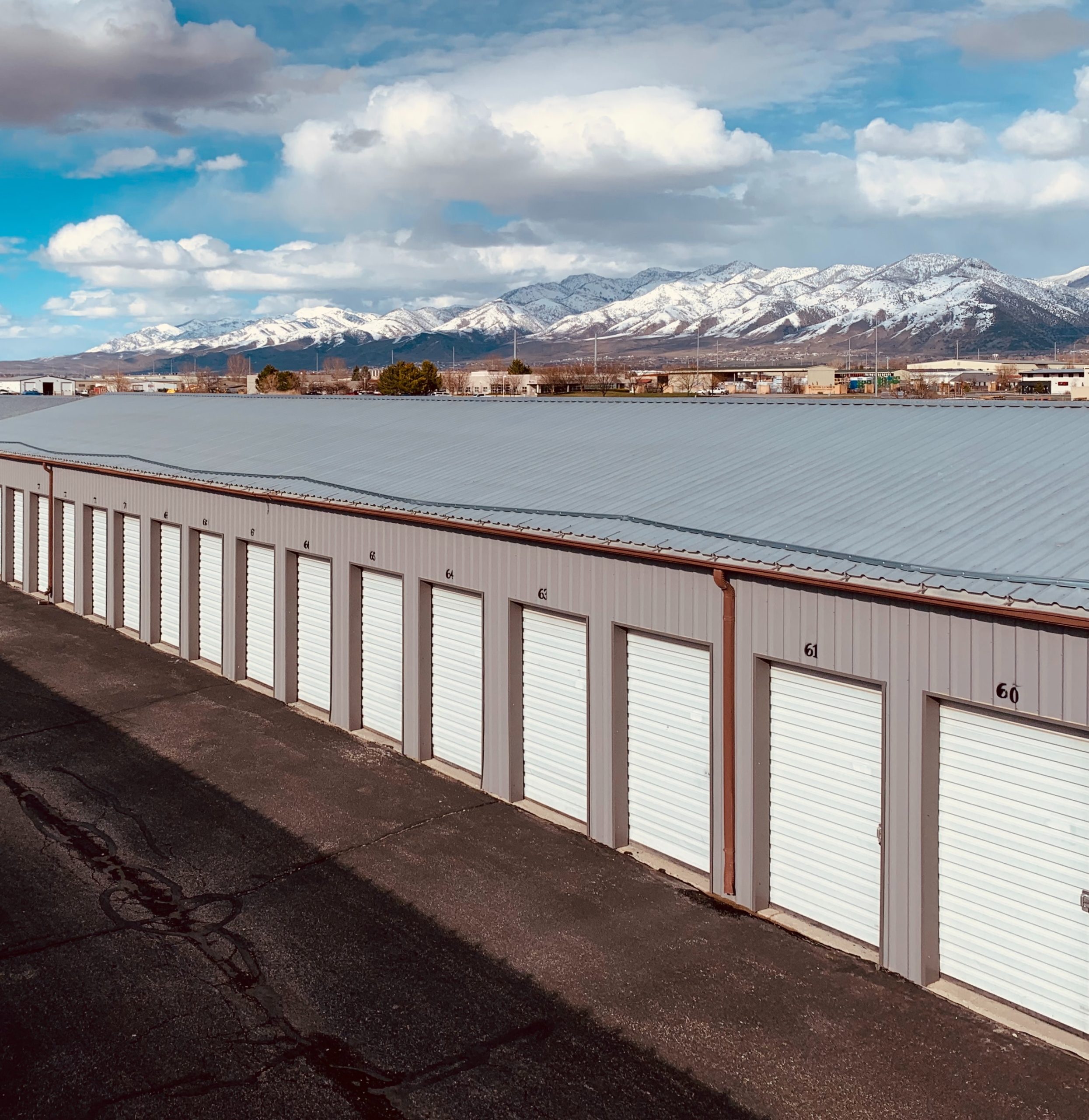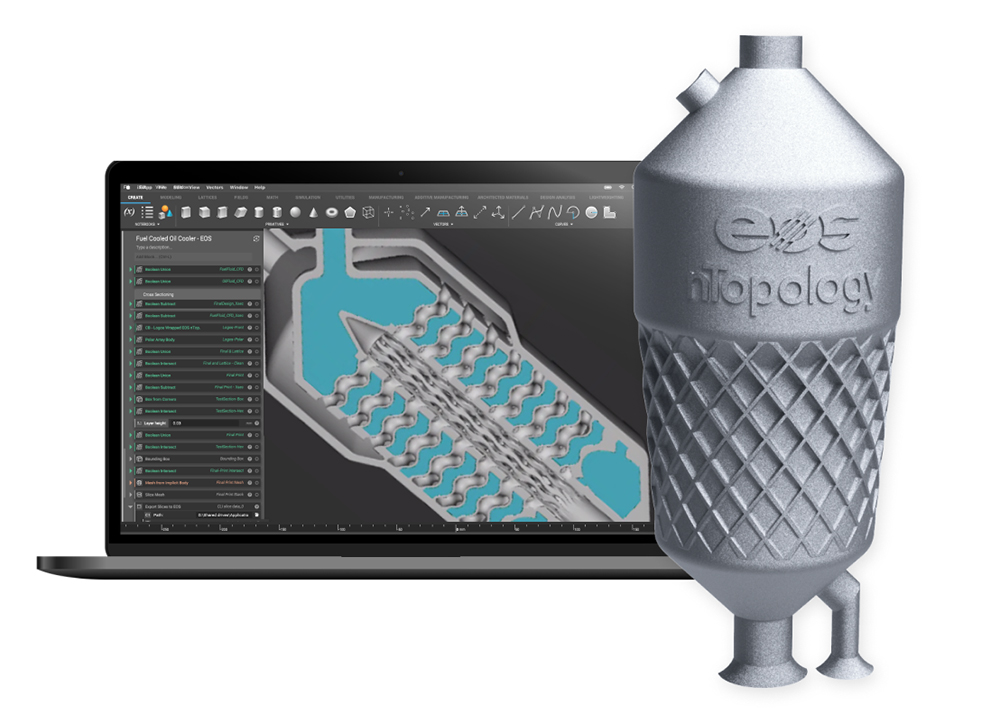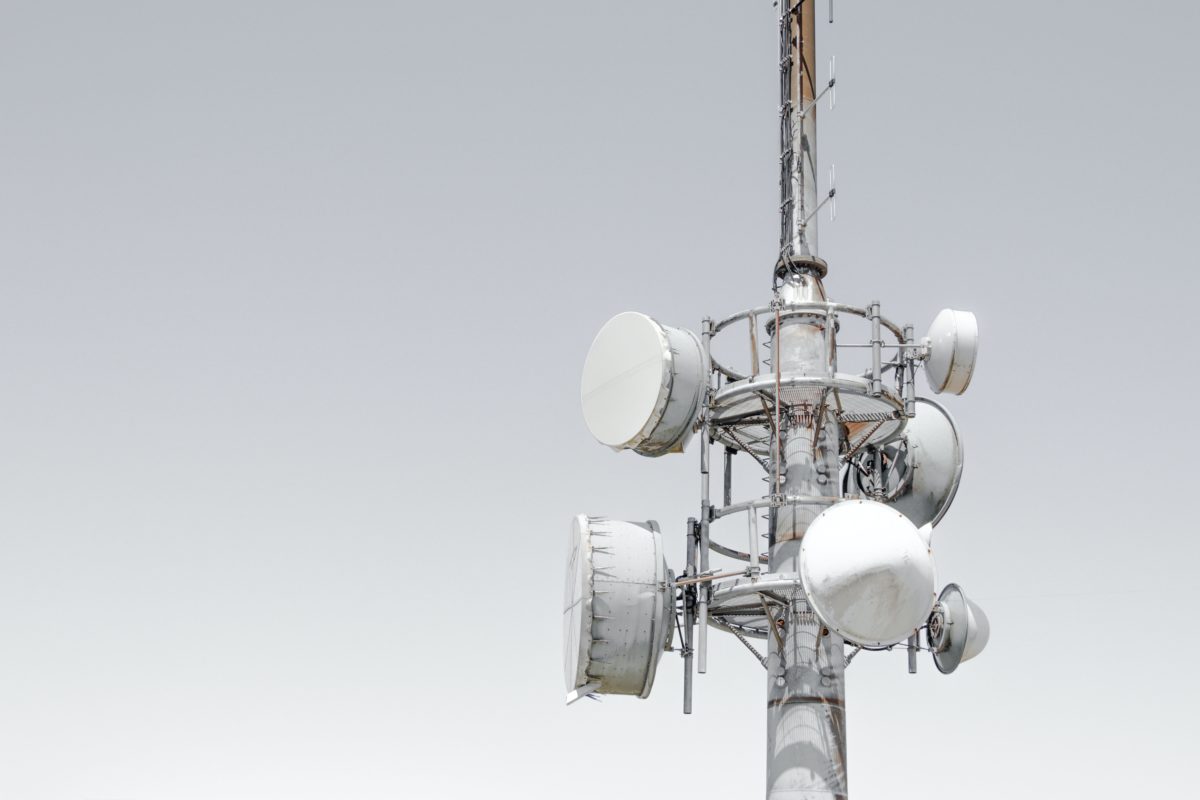When you’re looking into storage options, something you probably see offered by several providers is cold storage. Compared to other storage options, cold storage offers better climate control and is the ideal storage spot for fresh, perishable foods in transit. These storage facilities can also benefit biopharmaceuticals and their supply chain as well.
If you’re looking to invest in a storage facility, whether it’s for your supply chain or a more permanent option, you’re going to need to look to existing use cases to determine what’s best for your needs. Whether for product inflow or your brand’s increased storage needs over recent years, here are ways to make cold storage work for you.
1. You can store perishable foods while in transit.

While new technology makes it possible to ship perishable foods worldwide, it’s often easy to focus on these products while they’re in transit. However, you can’t ignore the role that cold storage plays in the perishable foods supply chain. Since perishable goods have a degree of variability to them, it’s important to mitigate said variability as much as possible and reduce potential wastes. Commodities such as perishable goods are often difficult to ship, so these storage options are extremely beneficial, especially in recent years. As technology develops, the variability of perishables storage will continue to increase.
2. Cold storage is integral for pharmaceuticals.
If recent years have taught the public anything, the world needs to have a contingency plan for pandemics. This includes a biopharmaceutical storage network that can move necessary medications and sensitive drugs throughout global markets without compromising the products. Whether these medicines are heading northwards to Greenland, wind up near the Gulf of Maine, or move through their source region, the right cold storage facilities can keep them intact.
3. On-site cold storage offers distinct benefits.

After placing an order with a customer service representative and acquiring products, many end-users still need a place to store them before they’re used. In certain storage formats, this is easier. In some cases, restaurants, hotels, and other businesses depend on on-site storage before ingredients, and sensitive items, are distributed. This can include storage for all sorts of products, from Labrador Source water to figs and even nutrients and medicines. Plus, these facilities provide easy access to products, so you don’t have to travel to the intermediate depths of storage to find the water dispenser or perishables.
4. Cold storage facilities contribute to global supply networks.
While originators and end-users often depend on localized cold storage, they’re helpful for global supply networks as well. Often, brands choose to outsource to cold-storage facilities to group products until they’re ready to be shipped to the end-users. Whether you’re based in the North Atlantic Ocean or operating out of New Jersey, you want to provide exceptional service, regardless of locale. With an influx of orders, outsourced cold storage can aid these brands and reduce overhead operating costs.
5. Ultimately, cold storage facilities save money.
Perishable goods, medicines, and pharmaceuticals may not seem expensive to produce, but bad batches, medicines that aren’t climate controlled, and damaged pharmaceuticals have costs beyond the monetary. You can lose a new account if product temps are too high upon delivery. You can impact healthcare practices if pharmaceuticals are damaged. If you’re not keeping products at the right temps, it can impact your bottom line. While it’s easy for users to regard cold storage as an advanced refrigerator, it’s crucial for many industries to succeed and thrive.
With so many cold storage applications, it’s easy to see why brands worldwide depend on the technology. Cold storage facilities are integral to supply chains and industry success. Use them correctly, and they’ll yield returns.





